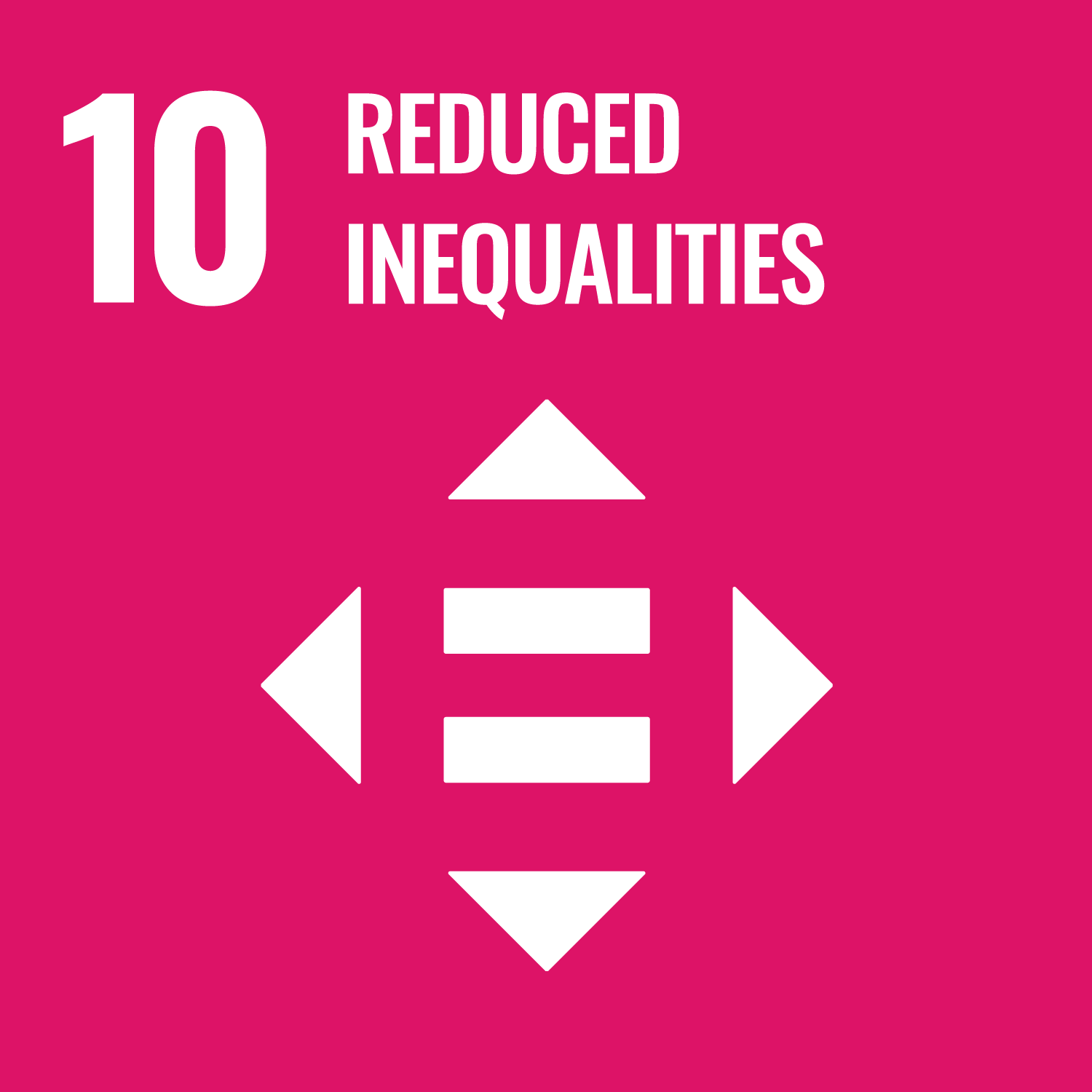Wambiya, E.O.A. orcid.org/0000-0002-4149-3417, Donfouet, H.P.P., Kipruto, S. et al. (6 more authors) (2025) Patterns, socioeconomic inequalities and determinants of healthy eating in Kenya: results from a national cross-sectional survey. BMJ Open, 15 (4). e090698. ISSN 2044-6055
Abstract
Objective
The burden of non-communicable diseases is rising in low-and-middle-income countries, with diet being a key risk factor. This study aimed to assess the patterns, socioeconomic inequalities and determinants of eating healthy in Kenya. The study is the first in Kenya to use a healthy diet index to assess dietary patterns.
Design and methods
We analysed cross-sectional data from the 2015/16 Kenya Integrated Household Budget Survey. The study’s outcome variable was a continuous healthy diet index (HDI) constructed using principal component analysis from nine WHO/Food and Agriculture Organization (FAO) healthy diet recommendations. The HDI score and WHO/FAO healthy diet recommendations met were summarised for Kenyan households. Using the concentration index, we examined the socioeconomic disparities in healthy eating. In addition, multivariable linear regression was used to determine factors that influence healthy eating in Kenya.
Results
A total of 21 512 households in Kenya were included, of which 60% were rural and about two-thirds headed by males. The HDI score ranged between −1.13 and 1.70, with a higher value indicating healthier eating. Overall, the average HDI score was 0.24 (95% CI: 0.24 to 0.25), interpreted as moderate. We identified key determinants including socioeconomic status and urban–rural residency differences. Healthy eating was concentrated among higher socioeconomic households, regardless of gender or location. Higher socioeconomic status (β=0.28, 95% CI 0.26 to 0.30), rural residence (β=0.18, 95% CI 0.15 to 0.20), household head being in union (β=0.04, 95% CI 0.02 to 0.06) or employed (β=0.05, 95% CI 0.02 to 0.08) were significantly associated with increased HDI scores, whereas male-headed households and lack of education were associated with significant decreases in HDI scores on average.
Conclusions
Most Kenyan households do not meet all the healthy dietary recommendations, and socioeconomic inequalities exist in eating healthy. Targeted interventions that promote healthy eating based on key determinants in Kenya are required.
Metadata
| Item Type: | Article |
|---|---|
| Authors/Creators: |
|
| Copyright, Publisher and Additional Information: | © Author(s) (or their employer(s)) 2025. Re-use permitted under CC BY. Published by BMJ Group. https://creativecommons.org/licenses/by/4.0/ This is an open access article distributed in accordance with the Creative Commons Attribution 4.0 Unported (CC BY 4.0) license, which permits others to copy, redistribute, remix, transform and build upon this work for any purpose, provided the original work is properly cited, a link to the licence is given, and indication of whether changes were made. |
| Keywords: | Biomedical and Clinical Sciences; Public Health; Health Sciences; Nutrition and Dietetics; Social Determinants of Health; Nutrition; Clinical Research; Behavioral and Social Science; Health Disparities; Prevention; Psychological, social and economic factors; Primary prevention interventions to modify behaviours or promote wellbeing; Oral and gastrointestinal; Metabolic and endocrine; Good Health and Well Being; Reduced Inequalities; Humans; Kenya; Cross-Sectional Studies; Male; Female; Diet, Healthy; Socioeconomic Factors; Adult; Rural Population; Middle Aged; Young Adult; Adolescent; Urban Population; Feeding Behavior; Family Characteristics; Linear Models; Social Class |
| Dates: |
|
| Institution: | The University of Sheffield |
| Academic Units: | The University of Sheffield > Faculty of Medicine, Dentistry and Health (Sheffield) > School of Health and Related Research (Sheffield) > ScHARR - Sheffield Centre for Health and Related Research |
| Funding Information: | Funder Grant number Wellcome Trust 218462/Z/19/Z |
| Depositing User: | Symplectic Sheffield |
| Date Deposited: | 23 Apr 2025 09:42 |
| Last Modified: | 23 Apr 2025 09:42 |
| Status: | Published |
| Publisher: | BMJ |
| Refereed: | Yes |
| Identification Number: | 10.1136/bmjopen-2024-090698 |
| Related URLs: | |
| Sustainable Development Goals: | |
| Open Archives Initiative ID (OAI ID): | oai:eprints.whiterose.ac.uk:225679 |



 CORE (COnnecting REpositories)
CORE (COnnecting REpositories) CORE (COnnecting REpositories)
CORE (COnnecting REpositories)